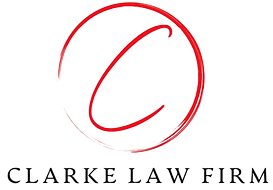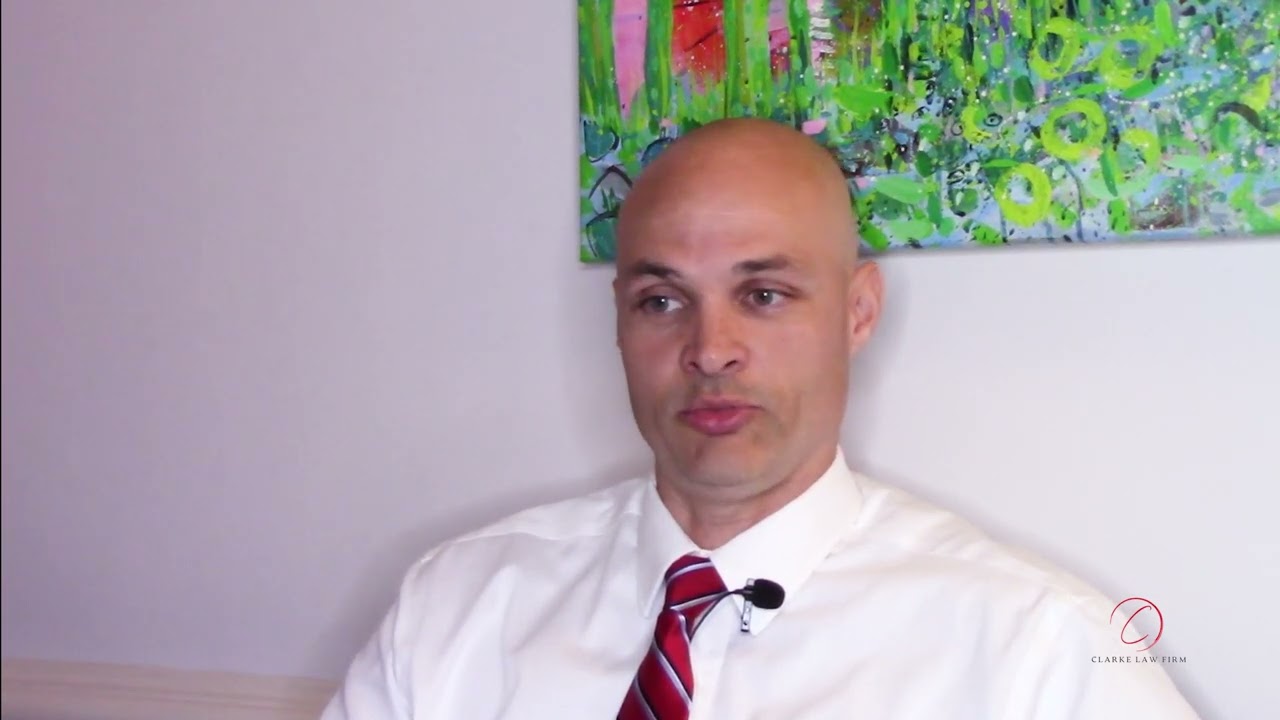As with most states, felony crimes in the state of Tennessee classifies legal wrongdoing as either a felony or a misdemeanor. A felony indicates that the crime is more serious and is treated that way by the law and court system.

While certain exceptions can be made in sentencing based on whether the crime in question was a state or federal violation, the state of Tennessee does follow specific guidelines on how to charge and punish individuals convicted of a felony.
Tennessee Felony Types
The state of Tennessee classifies felony types by letter, assigning the most severe penalties at the top and working down the alphabet.
- Class A felony
A minimum of 15 years and a maximum of 60 years in prison, with the possibility of a maximum of $50,000 in fines assessed by the jury.
- Class B felony
Depending on the judge and jury, a Class B felony can earn a convicted individual between eight and 30 years in prison and a maximum of $25,000 in fines.
- Class C felony
Between three to 15 years of jail time and $10,000 in fines.
- Class D felony
Jail time ranges from two to 12 years and fines not to exceed $5,000.
- Class E felony
While it carries the smallest penalties compared to the other felony types, a Class E felony does still include one to six years in prison and a maximum fine of $3,000.
Multiple Factors Determine Severity
Multiple factors can play a role when Judges are determining the severity of punishment within these ranges. For example, a crime such as murder the violence or depravity in the execution of the crime, criminal history of the defendant, and details about the victim can have an effect on the punishment metered out.
it’s important for anyone facing a felony charge in Tennessee to have solid legal representation on their side to ensure the best possible outcome in their case.
Felony Expungement Options
Depending on several factors, including the type of crime and the individual’s conviction record, it may be possible to have a criminal record expunged of the felony in question.
Certain felonies cannot qualify for expungement, including assault, child abuse, murder, and rape. However, crimes including forgery, vandalism, theft, and a variety of non-sexual and non-violent crimes can qualify for expungement.
Some of the basic qualifications for expungement include:
- No other convictions on the petitioner’s record
Expungement can only occur on one conviction, and that has to be the only conviction on the individual’s record. If they have multiple convictions, expungement may not be a possibility.
- Five years removed
Working in tandem with the last requirement, the lone conviction eligible for expungement had to have occurred at least five years ago.
- All other requirements of the conviction have been completed.
This means any court fines and/or fees or any restitution owed to the victims have been paid, the jail time has been served, and parole/probation has been successfully completed.
For Your Defense, Call Murfreesboro’s Attorney David Clarke
Facing felony charges can be a frightening, and without proper legal representation, the process can also seem hopeless. However, you have has the right to legal representation and a rigorous defense. David Clarke of the Clarke Law Firm has the knowledge, experience, and compassion to launch your defense.
To find out more about how we can help, contact the Clarke Law Firm today.


